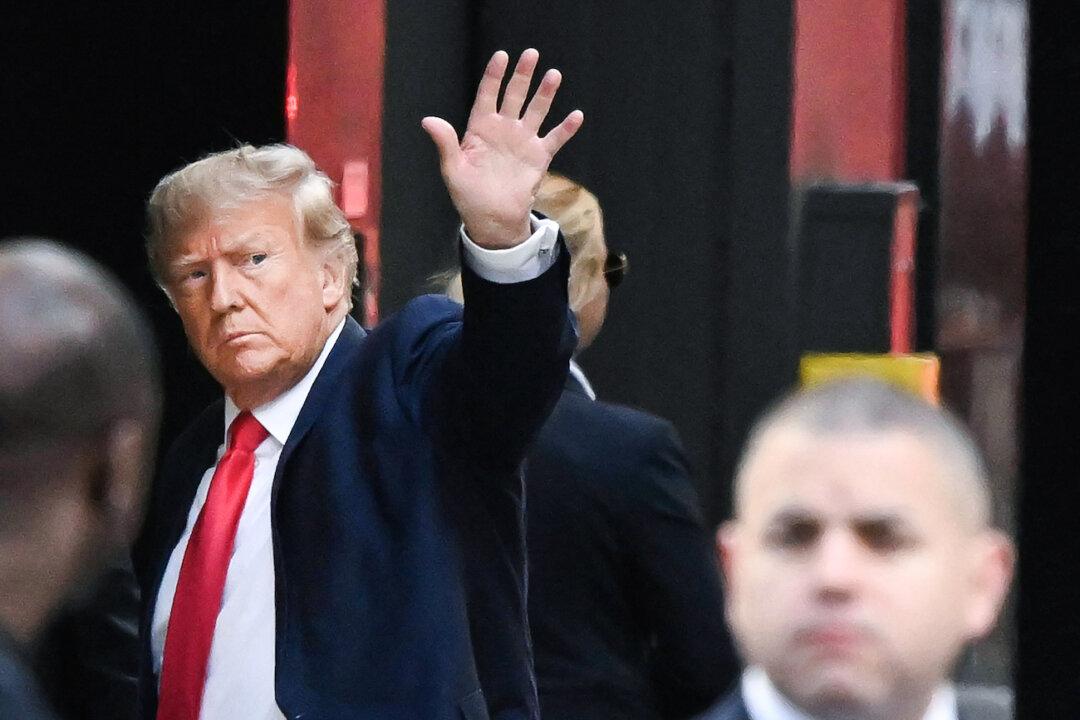Commentary
Throughout these three most difficult years of our lives, many friends have predicted that there would be justice on the other side. The courts will speak out. Fairness and truth will prevail. The people who have done these deeds—lockdowns, mandatory face coverings, and forced medicines we don’t need and which are often harmful—won’t get away with it.





